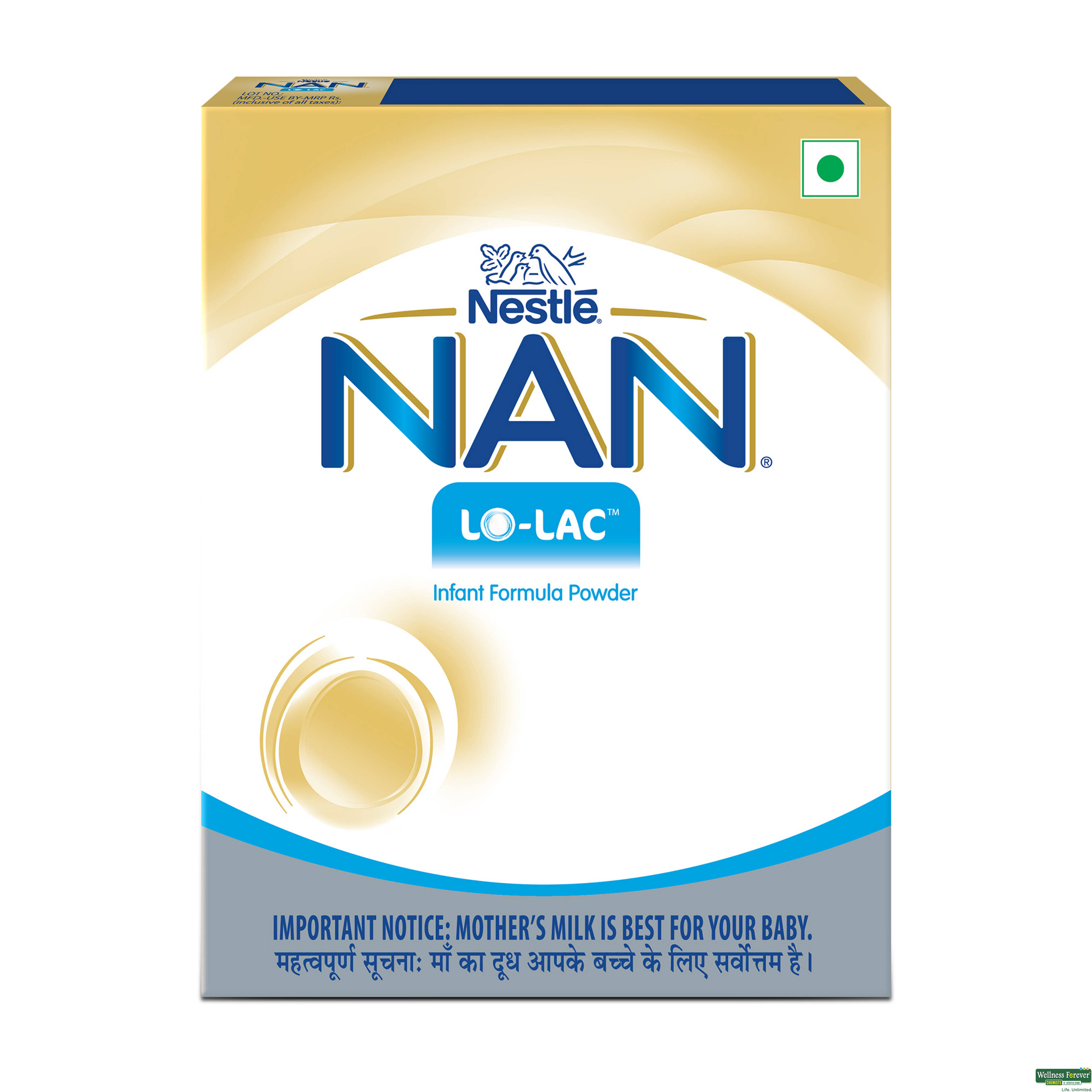Baby Formula
FILTERS
Category
Brands
SIMILAC
12
APTAMIL
9
DEXOLAC
6
NAN
6
LACTOGEN
5
LACTODEX
4
NAN PRO
3
NESTOGEN
2
NESTUM
2
AMUL
1
ISOMIL
1
MMS
1
NANGROW
1
NUSOBEE
1
NUTRICIA NEOCATE
1
PRE NAN
1
Sort By
Baby Formula

Lactogen Pro 1 Tin 400g
₹495
Inclusive of all taxes
Delivery within

Nan Lo-Lac Powder 400g
₹660
Inclusive of all taxes
Delivery within

Lactodex-LBW Powder 400g
₹680
Inclusive of all taxes
Delivery within

Lactodex 3 Follow Up Formula 450g
₹565
Inclusive of all taxes
Delivery within

Lactogen Pro 2 400g
₹485
Inclusive of all taxes
Delivery within
















